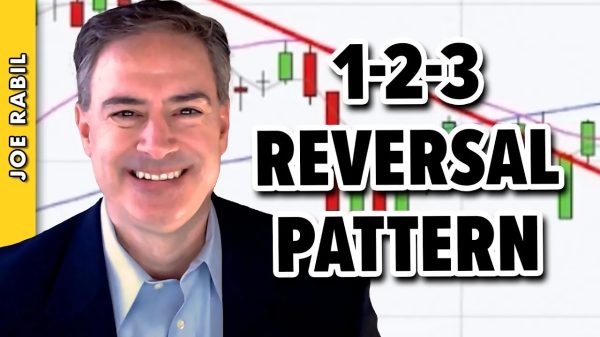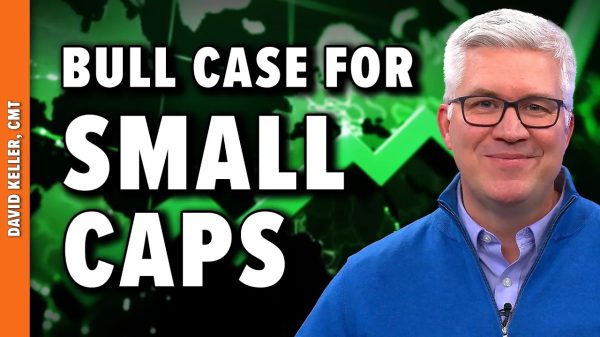In my experience of public policy discussions, one of the most frequent weasel words used as an intended trump (not Trump) card has been “fair.”
Like another commonly played political trump card, “need,” fairness does not have a clear meaning. That provides a great deal of wiggle room for equivocation, almost always used to justify forcing some Americans to pay for what someone else wants.
Fairness has no universal meaning beyond “more for me or those I care about” or “I want, but I do not want to pay for.” I learned that decades ago from my children, who wielded the word almost exclusively to advance their narrow self-interests. For instance, when my daughter—who as the oldest had more responsibility and a bigger allowance—complained, it was because having more responsibility was “unfair” (but with no mention of the greater allowance). My son—who as the youngest had fewer responsibilities and a smaller allowance—however, applied “unfair” to having a smaller allowance (but with no mention of having fewer responsibilities).
Claims of fairness also imply that there is agreement on what fairness means both in principle and in practice. However, fairness is in the eye of the beholder, varying dramatically from person to person. Judging from common usage, charges of unfairness are mainly the rhetorical garnish necessary to justify using political coercion to plunder those who have a different view of fairness.
Leonard Read understood what so many today fail to understand about market fairness. One of the places he made that clearest was in his essay “Business is Entitled to a Fair Profit” in Clichés of Politics.
The notion that a business is entitled to a fair profit has no more to commend it than does the claim that workers are entitled to a fair wage, capitalists to a fair rate of interest, stockholders to a fair dividend, landlords to a fair rent, farmers to a fair price for their produce. Profit (or loss), regardless of how big, cannot properly be defined as fair or unfair.
To demonstrate why fair should not be used to modify profit as a right to which someone is entitled, merely imagine a businessman, heedless of the market, persisting in making buggy whips. If no one were willing to exchange dollars for whips, the manufacturer would fail. . . . Would you have any feeling of guilt or unfairness for having refused to buy his whips? Most certainly not!
Profit is the residual, after costs have been met, derived from willing customers. Consumers using their own money to associate with whichever supplier under whatever terms they choose do not deny any rights or claims held by disappointed suppliers:
We do not think of ourselves as unfair when we search for bargains. We have no sense of unfairness when employing a competent rather than an incompetent helper, or borrowing money at the lowest rate offered, or paying a low rather than a high rental. . . . When we shop around, our choices cause profits to accrue to some businesses, losses to others. We do not relate these exercises to fairness or unfairness or consider that anyone’s rights have been infringed.
There is no such thing as a right to a “fair” profit. All that any person is entitled to in the market place, whether a business proprietor or wage earner, is what others will offer in willing exchange.
So, as with other weasel words, we should ask why resort is so commonly made to unfounded “unfairness” claims. The answer lies in government’s coercive power and the true unfairness it can impose on others:
When it is claimed that business is entitled to a fair or reasonable profit, the claimers must have something else in mind than what they can obtain through willing exchange. Otherwise, they wouldn’t mention the matter.
The “something else” . . . must necessarily mean something other than individual freedom of choice.
In short, it must mean the only alternative to freedom of choice: authoritarianism. When the market—freedom in exchange—is cast aside, there remains but one other determinant as to who will get how much of what, namely, government! And when government determines or controls profits, prices, wages, rents and other aspects of production and exchange, we have socialism.
When fairness is demanded as a substitute for what can be obtained in willing exchange, the asker, consciously or not, is insisting on what naturally and logically follows: a planned economy . . . government’s only means of “fairness.”
These measures institutionalize unfairness.
So, how does addressing asserted unfairness cause unfairness?
The declaration that business is entitled to a fair profit connotes equalitarianism; that is, a coerced evenness in reward to the competent and incompetent alike . . . to have the state take from the mince pie makers and give to the mud pie makers . . . entitled to a “fair profit.”
Assuming the market is free from fraud, violence, misrepresentation, and predation, the economic failure or success of any individual is measured by what he can exchange in willing exchange—fairness being a state of affairs that is presupposed in the assumption.
Everyone, according to any moral code I would respect, is entitled to fairness in the sense of no special privilege to anyone and open opportunity for all; no one is entitled to what is implied by a fair price, a fair wage, a fair salary, a fair rent, or a fair profit . . . one is entitled to what others will offer in willing exchange. That is all!
As Read wrote in his 1948 Pattern for Revolt, “Given freedom of opportunity, protection from fraud, violence and predation, and a dependence for our welfare on our own initiative, we can and will look out for ourselves better than will any other person or any government agency.” In other words, protecting what should be our inalienable self-ownership is fair to all; violating it is unfair to all but tyrants.























